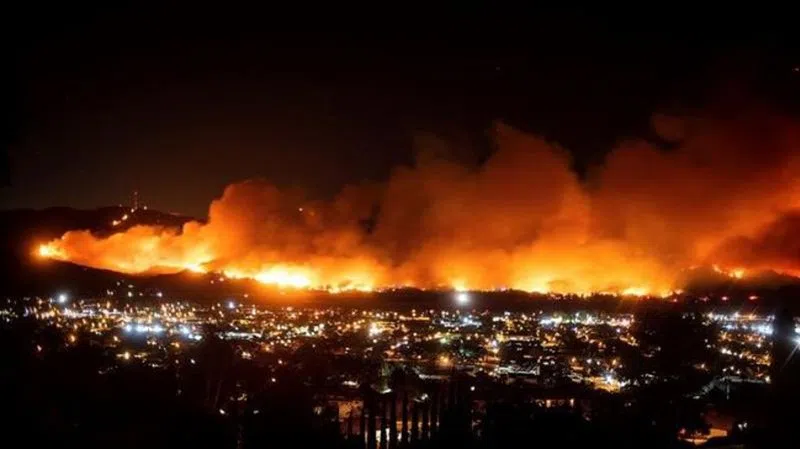
California could mandate backup power at cellphone towers
SACRAMENTO, Calif. — When the nation’s largest electric utility preemptively shut off power last fall to prevent wildfires in California, customers lost more than just their lights — some lost their phones, too.
Data from the Federal Communications Commission shows 874 cellphone towers were offline during an Oct. 27 power shutoff that affected millions of people. That included more than half of the cell towers in Marin County alone.
The outages mean people who depend solely on cellphones couldn’t call 911 or receive emergency notifications, compounding the dangers associated with an unprecedented power outage in an era dominated by wireless communication.
On Wednesday, some Democratic lawmakers introduced legislation that would require telecommunication companies to have at least 72 hours of back-up power for all cellphone towers in high-risk fire areas. Telecom companies would have to pay for it.

